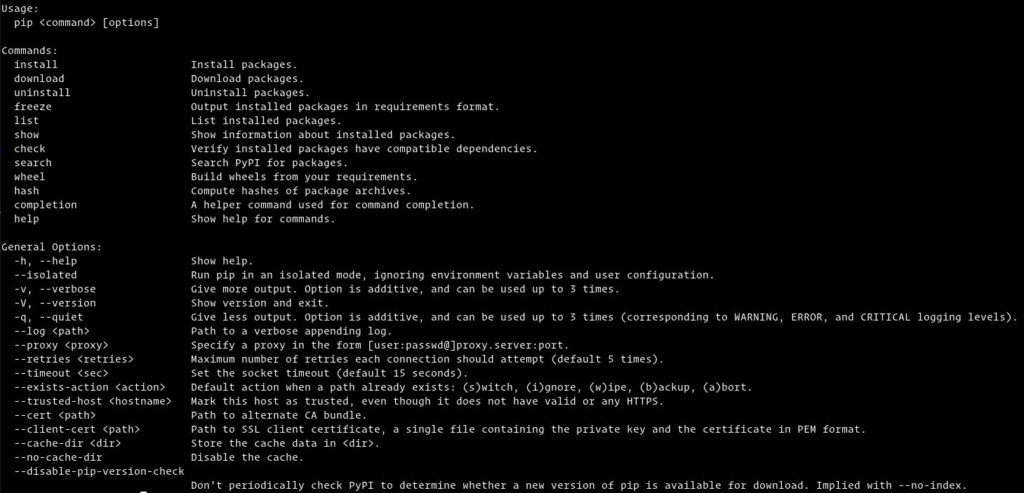


I did this on linux, using a direct download of blender from the site, rather than a linux distro packaged version. Pip can be installed into blender's bundled python using a package that is already in blender's bundled python, called 'ensurepip'. I just tried to do this again and with a recent build I did not have to point to he installed pip, calling blenders python was enough, my command looked like: /path/to/blenderspython/python pip install moduleīlender-2.8: pip is already included so the only step to do this for blender-2.8 is: $ /path/to/blenderspython/pip install module

Of course you have to adjust names according to the version you use, but it worked for me for 2.77. This installs scipy for your blenders python. Both are in blenders folder tree and you use them like this: $ /blender-path/2.xx/python/bin/python /blender-version/2.xx/python/local/lib/python3.5/dist-packages/pip install scipy You use it with blenders python too and you have to point to the pip that was installed for blenders python. You should now have pip installed for blender. If you have it saved in your home directory the command to use should look something like this: $ /path/to/blender/blender-path/2.xx/python/bin/python3 ~/get-pip.py You'll find the blender python binary at: /blender-path/2.xx/python/bin/python It has to be installed for Blender's bundled Python even if you already have pip for some other version of Python on your system.įor this get the get-pip.py file from the pip documentation First of all, pip is not part of Python so it doesn't come by default with Blender.


 0 kommentar(er)
0 kommentar(er)
